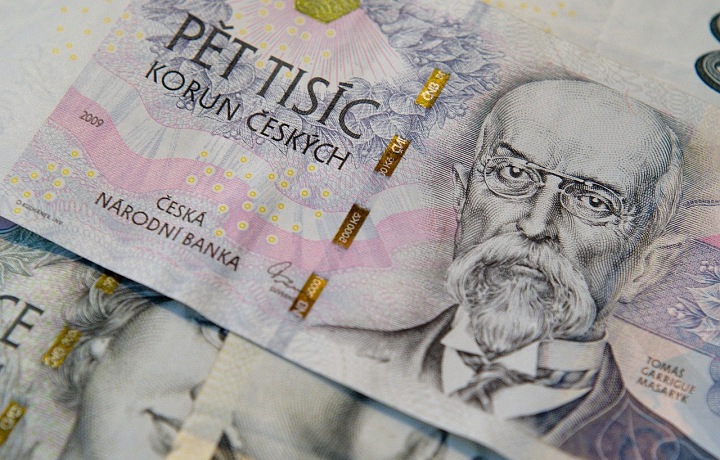Czechs are no longer poor. Last year they invested a record amount of money
Czechs have taken a liking to investing, which suggests that they have more and more disposable income and do not want it to be devalued by inflation. The use of investment tools, such as mutual funds or exchange-traded stock indexes (ETFs) offers the possibility not only to protect money from inflation in the long term, but also to make a profit on decisions. However, it is not possible without investment risk. Nevertheless, more and more investors are finding the courage to take this step in the Czech Republic.
Although it is common in the Czech Republic for people to put their money in savings accounts, and if they decide to invest their savings, they prefer real estate. However, the record inflation wave of recent years has encouraged interest in other investment strategies that offer an opportunity to prevent the devaluation of savings.
The amount that Czechs hold in securities is certainly not small. According to the Association for the Capital Market (AKAT) in 2024, Czechs invested 3.16 trillion crowns in this way. What may be even more interesting, the amount for 2014 increased by 816 billion crowns, which is more than a quarter.
Investment volume continued to grow at a record pace last year
It may be interesting to compare this with public debt, which is at a similar level. The total deficit of public finances climbed to 3.365 trillion crowns for the year 2024. However, the state has been building up this debt throughout its era since gaining independence in 1993 and, of course, deficits (often more structural than accounting) from the times of the common state with the Slovaks are included here. A comparably large amount of invested funds has not been amassed over such a long period.
"Last year is the second record year of significant double-digit growth in investment volume in a row. The volume of investment in collective investment funds has increased by almost 60% over the last two years. Positive sentiment in the capital markets and the search for alternatives to savings accounts due to declining interest rates played a key role. Both conservative investors, who profited from high interest rates and bond yields, and equity investors riding the wave of global economic optimism could be satisfied,"
AKAT chairman Jaromír Sladkovský commented on the development in the field of domestic investment in securities.
The stock tree does not grow into the sky, the Czechs are dealing with money, they are less and less interested in information
As the aforementioned list points out, the increase in deposits is truly significant. If it is largely driven by the optimism of the global economy, it can soon slow down. Last year's significant optimism accompanied the gain of the world's most popular index of the American market S&P 500 by 24% and thus brought a substantial profit to its creditors.
The first months of 2025, however, were marked by the problematic policy of Donald Trump's administration, particularly in the economic area (his election was highly appreciated by the markets) and now US stocks are in a fairly significant decline. On the contrary, European markets led by Germany are doing well and we can observe the unusual phenomenon of Europe's stock overcoming the USA.
A variety of factors are influencing the evaluation of stock markets. However, while the confidence expressed by the amount of funds invested is rapidly increasing, the knowledge about the functioning of the stock market is not. At least according to the financial literacy index of the investment company Portu.
The index has only been operating in the Czech Republic since 2021 (this also tells of a sharp interest in investing in securities recently), but in measurements for last year, it found that the awareness of Czech investors is decreasing.
"Investment literacy is important because it helps people better manage risks and prepare for the future financially. The annual decrease, however, shows that during stock market rises, a false sense of security can be created in people and decrease the interest in education in the field of investments. People may then underestimate the risks and are more prone to making mistakes in investments. Regular monitoring of investment literacy helps to identify weaknesses and work on their improvement, which is crucial for a more financially stable future for Czechs,"
mentioned in the comments on the release of the index result the founder of the investment platform Portu Radim Krejčí.
Sources: author's text, AKAT, TZ, Portu, Currently.cz, Patria, ČT











